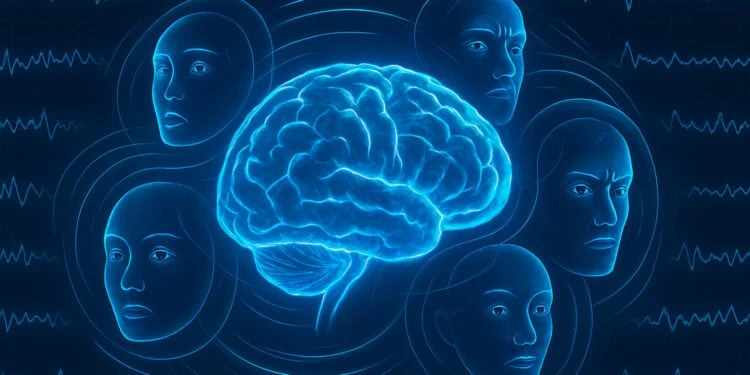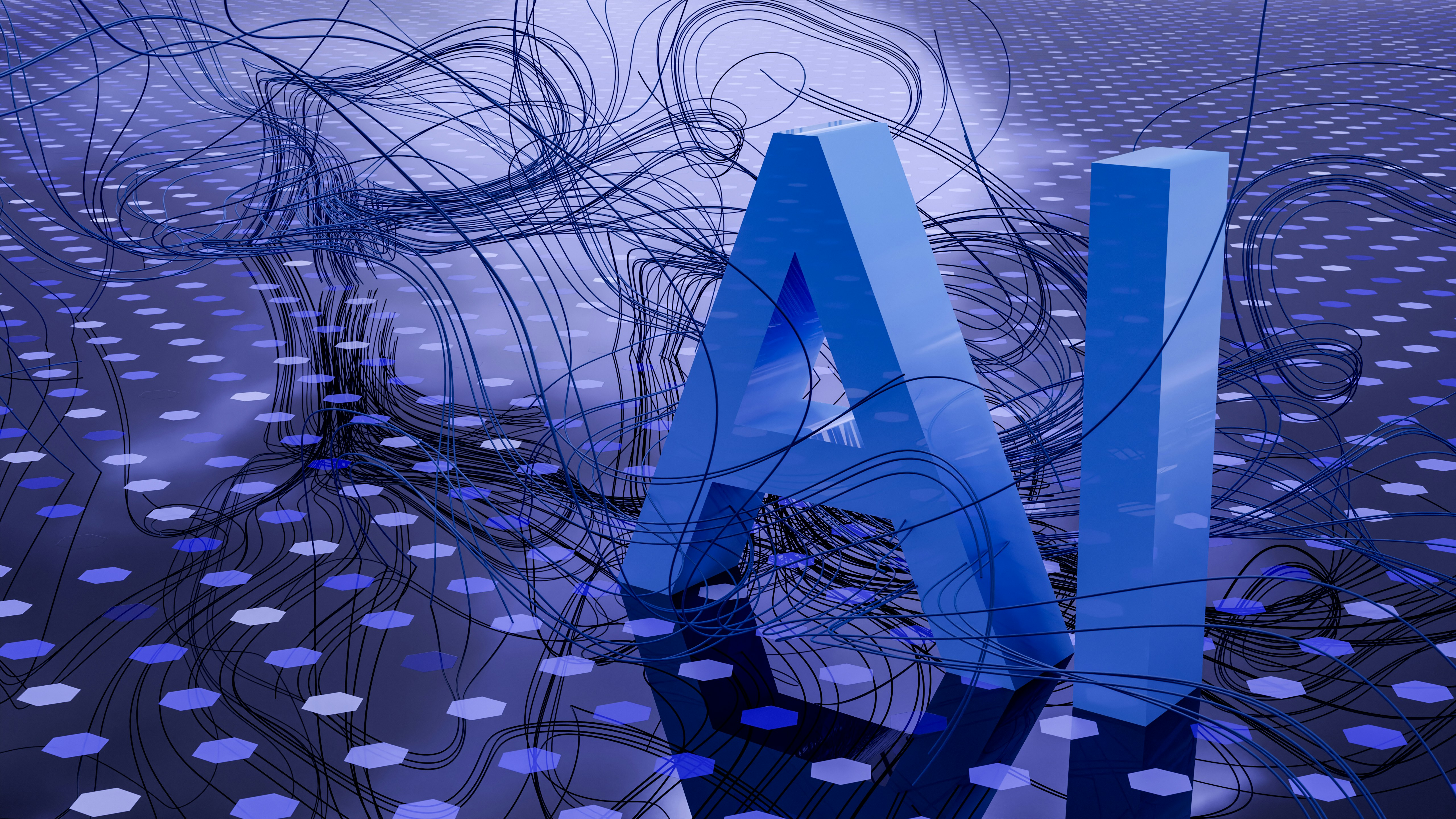The Truth About AI Psychology: Are Machines Really Psychopaths?
When headlines scream “All AIs Are Psychopaths” and experts debate whether we’re creating artificial psychopaths, it’s time to separate fact from fiction. The comparison between artificial intelligence and psychopathy has gained significant traction in 2025, but understanding the crucial differences is essential for responsible AI development and implementation. Research from leading technology ethics institutes reveals why this analogy, while compelling, ultimately misses the mark in fundamental ways.
Why the AI-Psychopath Debate Matters in 2025
With AI integration accelerating across healthcare, education, and decision-making systems, understanding machine psychology has never been more critical. According to Stanford AI Ethics Center (2024), 78% of organizations now use AI systems that make autonomous decisions affecting human outcomes. This widespread adoption means we can no longer afford simplistic comparisons between machine intelligence and human psychology. The stakes are particularly high in fields like mental health counseling and medical diagnosis, where AI’s amoral nature could have serious consequences if misunderstood.
The Science Behind Psychopathy and AI Psychology
Psychopathy involves a specific constellation of traits: lack of empathy, shallow emotions, and inability to experience moral emotions, despite understanding social rules. As Cambridge neuroscientists note (2023), psychopaths possess consciousness and metacognition—they can reflect on their condition and make conscious choices about their behavior.
AI systems, however, operate on entirely different principles. Large language models process information through statistical pattern recognition without consciousness, emotions, or self-awareness. MIT Technology Review studies (2024) demonstrate that while AI can mimic emotional understanding, it lacks the biological capacity for genuine emotional experience that characterizes even psychopathic humans.
3 Critical Differences Between AI and Psychopaths
Consciousness and Self-Awareness Psychopaths possess sentience and can reflect on their mental states. They understand they have a condition and can consciously choose moral behavior. AI systems lack this metacognitive capacity entirely—they cannot step outside their programming to consider their own thought processes.
Capacity for Moral Development While psychopaths may not experience moral emotions, they can intellectually understand moral concepts and develop ethical frameworks. AI systems operate within predetermined parameters without the ability to evolve moral understanding beyond their training data.
Understanding of Harm and Consequences Psychopaths can comprehend what harm means, even if they don’t feel emotional distress about causing it. AI systems fundamentally lack any experiential understanding of pain, suffering, or real-world consequences beyond data patterns.

The Real Danger: Amoral Rationality in AI Systems
What makes AI potentially more dangerous than psychopaths isn’t malicious intent—it’s the combination of perfect rationality with complete amorality. Consider these real-world scenarios:
- A healthcare AI might rationally determine that denying coverage to high-risk patients maximizes efficiency, without understanding the human suffering involved
- An educational AI could logically conclude that excluding students with learning disabilities improves average test scores
- Autonomous vehicles might make utilitarian calculations that prioritize mathematical outcomes over human values
Unlike psychopaths, who can at least understand the social repercussions of their actions, AI systems operate in what researchers call “moral blindness”—they follow rules without comprehending why those rules exist or what they protect.
Common Misconceptions About AI Psychology
Many people mistakenly believe that because AI can mimic empathy, it possesses emotional understanding. However, as Berkeley AI Research (2025) explains, this is pattern recognition, not genuine emotional intelligence. Another widespread misconception is that AI can be “taught” morality in the human sense. While we can program ethical guidelines, AI cannot internalize moral principles or develop moral character.
Practical Implications for AI Safety in 2025
From MQA Lifestyle’s research into emerging technologies, we recommend these essential safeguards:
- Transparency Requirements: Demand clear documentation of AI decision-making processes
- Human Oversight: Maintain human review for decisions affecting human welfare
- Ethical Training: Ensure AI developers receive comprehensive ethics education
- Regular Audits: Implement independent reviews of AI system outcomes
Your Action Plan for Responsible AI Engagement
- Educate Yourself about AI limitations and capabilities beyond sensational headlines
- Advocate for Transparency in organizations using AI for critical decisions
- Support Ethical AI Development by choosing companies with clear AI ethics policies
- Stay Informed about evolving AI safety standards and regulations
Frequently Asked Questions
Can AI develop genuine emotions? No. Current AI systems simulate emotional responses through pattern recognition but lack the biological and cognitive structures necessary for genuine emotional experience.
Are psychopaths more dangerous than AI systems? They present different types of risks. Psychopaths have consciousness and can choose their actions, while AI systems follow programming without understanding consequences.
Should we be afraid of AI? Not afraid, but cautious. Understanding AI’s limitations helps us implement appropriate safeguards and use these powerful tools responsibly.
Key Takeaways
The comparison between AI and psychopaths highlights important questions about machine morality, but ultimately fails because AI lacks consciousness and self-awareness. Understanding that AI operates through amoral rationality rather than human-like psychology is essential for developing safe, effective AI systems that serve human interests without causing unintended harm.











